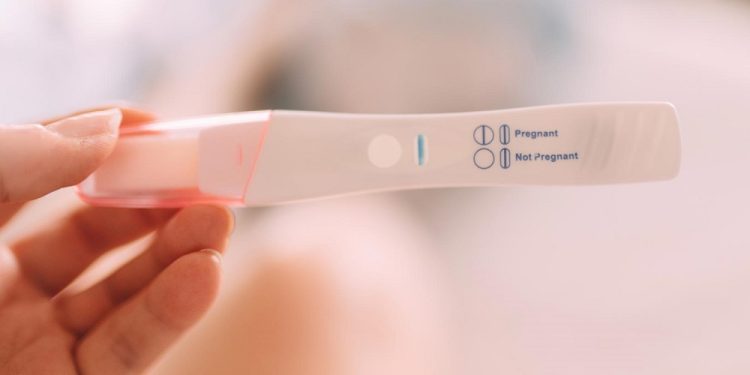
National Infertility Survival Day
Observed annually on the Sunday before Mother’s Day, National Infertility Survival Day is dedicated to couples who want to have children but are unable to do so. Approximately 9% of all men and 11% of women of reproductive age in the U.S. have experienced some sort of fertility problem.
It has been estimated that approximately 15% of couples are unable to conceive even after having a year of unprotected sex. The pain and grief that these couples experience on a regular basis cannot be cured by something as simple as a holiday, but this day does give these couples a chance to express their grief, pain, and frustration and to receive some support from all of us.
The History Of National Infertility Survival Day
This holiday was first created in 2004 by Beverly Barna, the author of “Infertility Sucks!” She wanted to create a holiday to honor all of those people who are struggling with infertility. This day has been an alternative to Mother’s Day ever since.
Facts About Infertility
Below are some facts we’ve uncovered about infertility, based on the most recent information available.
- Around the world, approximately 48.5 million couples experience infertility.
- One out of four couples in developing countries is affected by infertility.
- The U.S. has an average of 1.87 children born per woman.
- About 85% of couples will be able to conceive during their first year of trying.
- Couples with male partners over 40 are more likely to have problems conceiving.
- Sperm quality generally doesn’t become a major problem for men until after the age of 60.
Observing National Infertility Survival Day
This is a day on which couples dealing with infertility can take the time to share their experiences with friends, family members, or medical professionals. It’s also a day on which people can lend an ear to friends and family members who are dealing with infertility themselves.
Another thing that people can do on this day is to organize support groups, learn more about infertility, or use the hashtag #NationalInfertilitySurvivalDay to post their stories on the internet.








